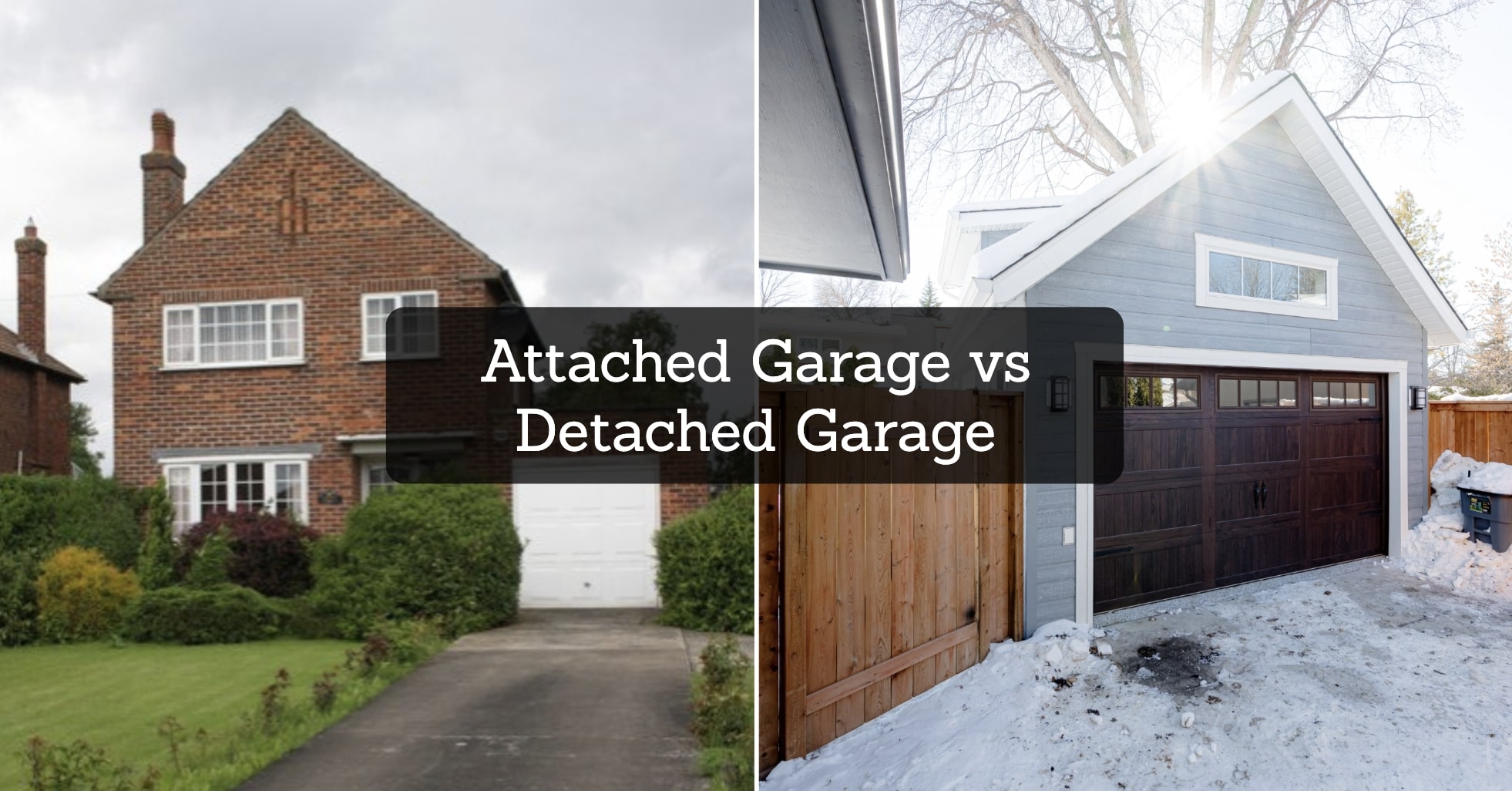When it comes to garages, the debate doesn’t stop at size or color. The very foundation of this debate hinges on attachment: should your garage be a seamless extension of your home, or stand proudly independent? Both attached and detached garages offer unique advantages and drawbacks, and the decision ultimately boils down to your lifestyle and priorities.
For those considering a detached garage, explore these top-rated kits made for the USA, offering affordability and customization:
Living in Harmony: The Pros of Attached Garages
- Convenience is king: No more braving the elements to reach your car. An attached garage provides direct access to your home, a blessing in harsh weather or when laden with groceries.
- Climate control consistency: Sharing a wall with your home allows for easier heating and cooling of the garage, extending the lifespan of stored items and potentially benefiting adjacent rooms.
- Security synergy: An attached garage becomes part of your home’s security system, deterring break-ins and offering peace of mind.
- Increased home value: In many areas, an attached garage is seen as a desirable feature, potentially boosting your home’s resale value.
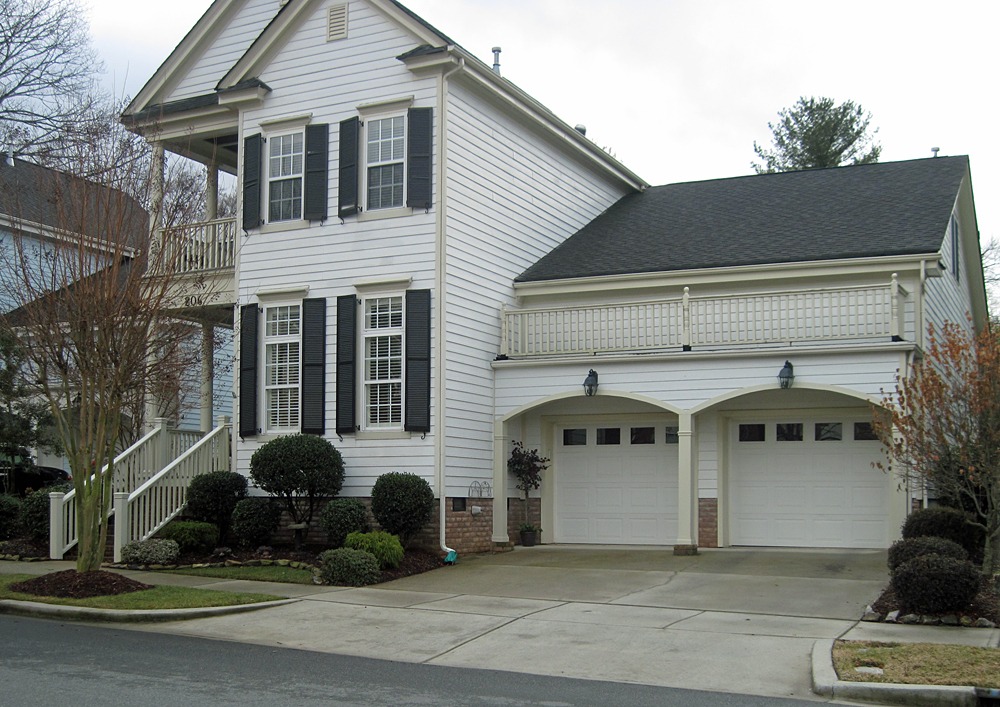
You may also like: 7 Best Garage Door Openers with Camera
The Flip Side: Cons of Attached Garages
- Noise in the house: Loud projects or car repairs can easily transfer into your living space, disrupting the peace and quiet.
- Temperature tango: Garages can act as heat sinks in summer and cold zones in winter, affecting your home’s energy efficiency.
- Limited expansion: Adding onto an attached garage can be complex and expensive due to shared walls and potential roofline restrictions.
- Higher initial cost: Building an attached garage typically carries a higher initial cost compared to a detached one.
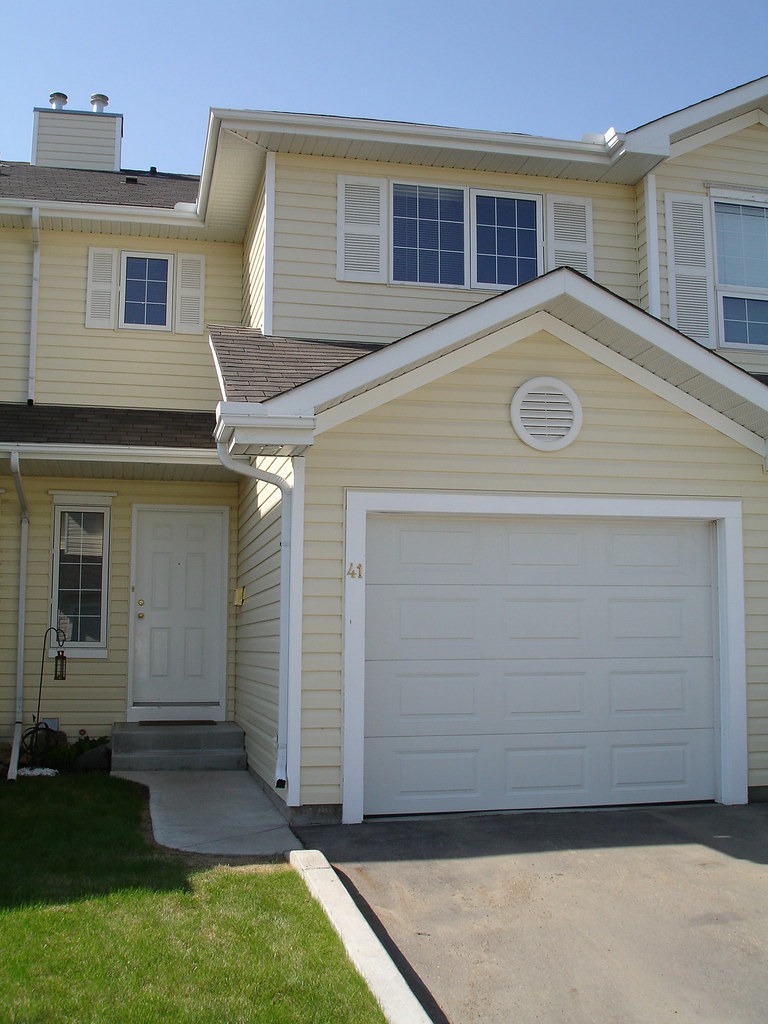
Standing Tall: The Pros of Detached Garages
- Flexibility unbound: Detached garages offer a blank canvas for customization. Add a workshop, studio, or even a guest apartment – the possibilities are endless.
- Quieter haven: Noise from hobbies or car repairs stays contained within the detached structure, preserving the tranquility of your home.
- Energy efficiency champion: Detached garages don’t impact your home’s climate control, potentially lowering your energy bills.
- Curb appeal charm: A well-designed detached garage can enhance your property’s aesthetics and add a touch of character.
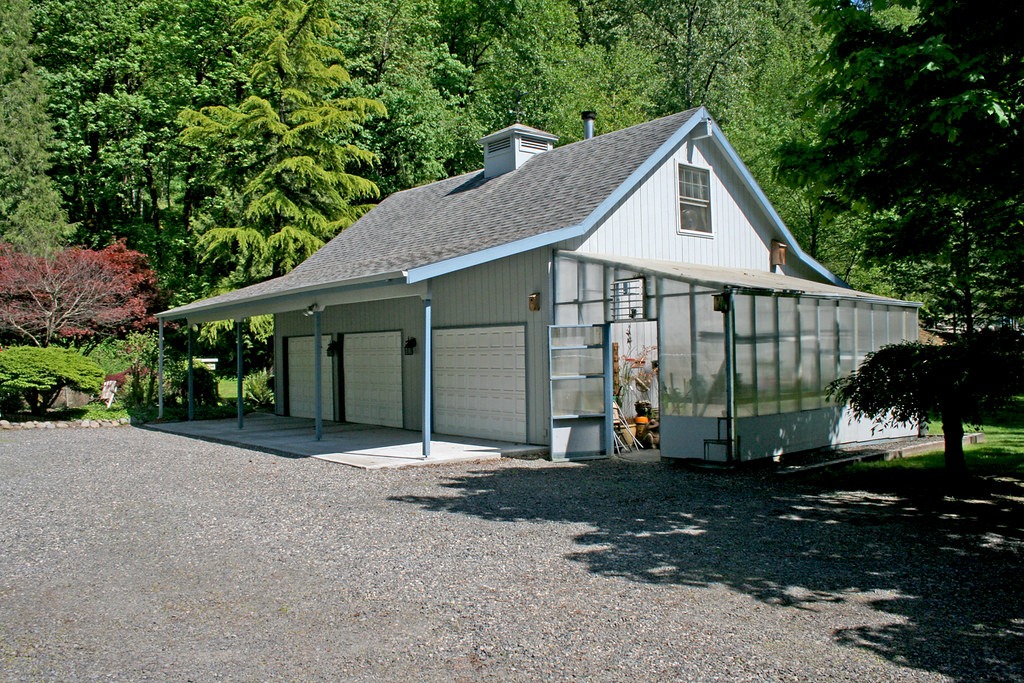
The Not-So-Sunny Side: Cons of Detached Garages
- Weather warrior: Getting to and from your car in inclement weather requires an extra trek, potentially becoming an inconvenience.
- Security considerations: Detached garages require separate security measures, adding to the initial cost and ongoing maintenance.
- Land use impact: Detached garages occupy more space on your property, potentially reducing yard size or limiting landscaping options.
- Increased construction costs: Building a detached structure typically involves additional foundation work and longer utility runs, raising the overall cost.
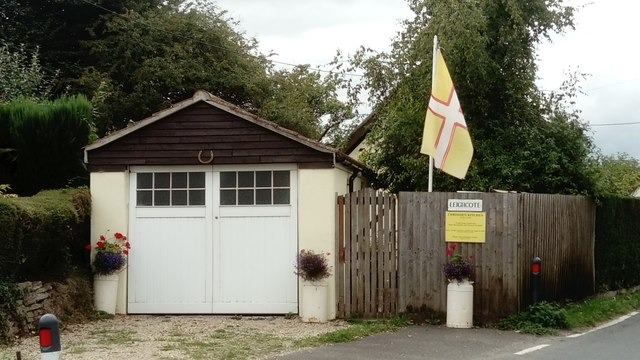
The choice between an attached or detached garage hinges on your individual needs and preferences. Consider your lifestyle, budget, property size, and future plans. Go through the other factors, which we discuss below.
Attached vs. Detached Garage: The Impact on Home Value
Beyond convenience and personal preference, the attached vs. detached garage debate often centers around a crucial question: which adds more value to your home? The answer, like most things in real estate, isn’t black and white. Here’s a deeper dive into the impact of each type on your home’s value:
Attached Garages: Value Champions with Nuances
- Generally, attached garages are considered a valuable asset. In most markets, they’re seen as a standard feature, and their absence can even be a deterrent to potential buyers.
- The size matters. A two-car attached garage typically adds more value than a one-car, and additional features like built-in storage or direct access to the house further increase desirability.
- Location matters too. In areas with harsh weather or limited street parking, attached garages hold even greater value due to the added convenience and security they offer.
- However, consider potential drawbacks. If poorly integrated into the home’s design or lacking proper insulation, an attached garage might not translate to a proportional increase in value.
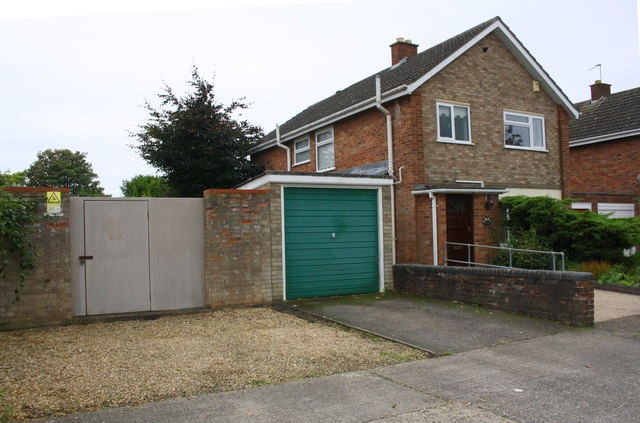
Detached Garages: Value Boosters with Conditions
- Detached garages can also add value, but under specific circumstances. In spacious properties, they offer potential for conversion into income-generating units like rentals or home offices.
- Curb appeal plays a role. A well-designed and maintained detached garage can enhance your property’s aesthetics, potentially translating to a higher valuation.
- Location matters differently here. On smaller lots, detached garages might create a cramped feeling and reduce usable outdoor space, potentially detracting from value.
- Remember the maintenance factor. Detached garages require separate upkeep, and any deferred maintenance can negatively impact your home’s overall value.
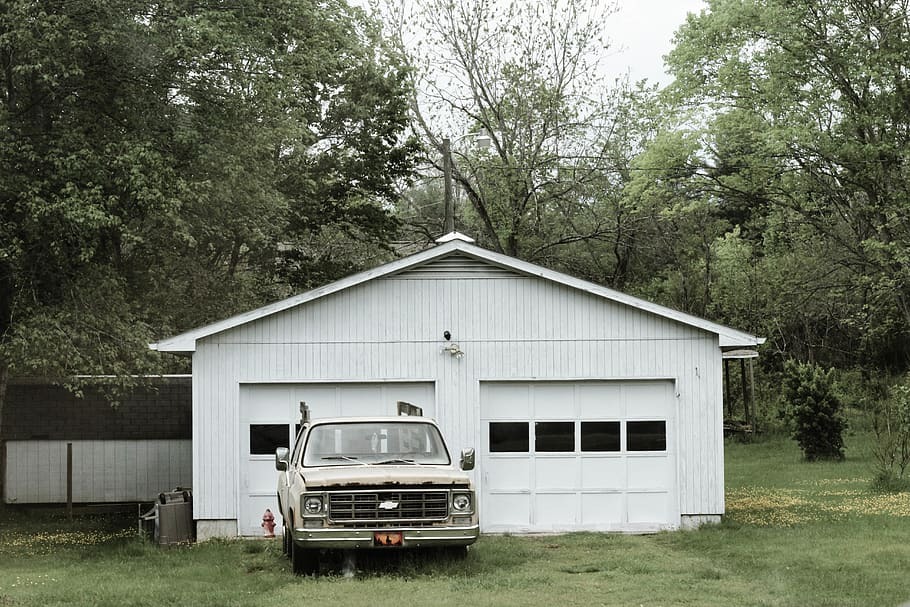
The impact of an attached or detached garage on your home’s value depends on various factors, including location, market trends, and individual buyer preferences. While attached garages tend to be the safer bet for a value boost, carefully planned and well-maintained detached garages can also be valuable assets.
Attached vs. Detached Garage: Where Your Budget Takes the Wheel
So you’ve weighed the convenience of an attached garage against the flexibility of a detached one, but now the budget roars into the spotlight. Buckle up, as we explore the financial implications of each garage type.
Attached Garages: Friendlier on the Wallet, with Caveats
- Generally, attached garages boast a lower initial cost. Sharing a wall with your home eliminates the need for additional foundation work and reduces some material requirements.
- But remember, hidden costs lurk. Plumbing and electrical extensions to the garage add to the price tag, and insulation or climate control features further inflate the cost.
- Permitting fees might be lower. With less overall structure, attached garages often require less extensive permitting, potentially saving you some bureaucratic bucks.
- Beware the future. Expanding an attached garage later can be expensive due to shared walls and roofline considerations. Factor in potential future needs when budgeting.
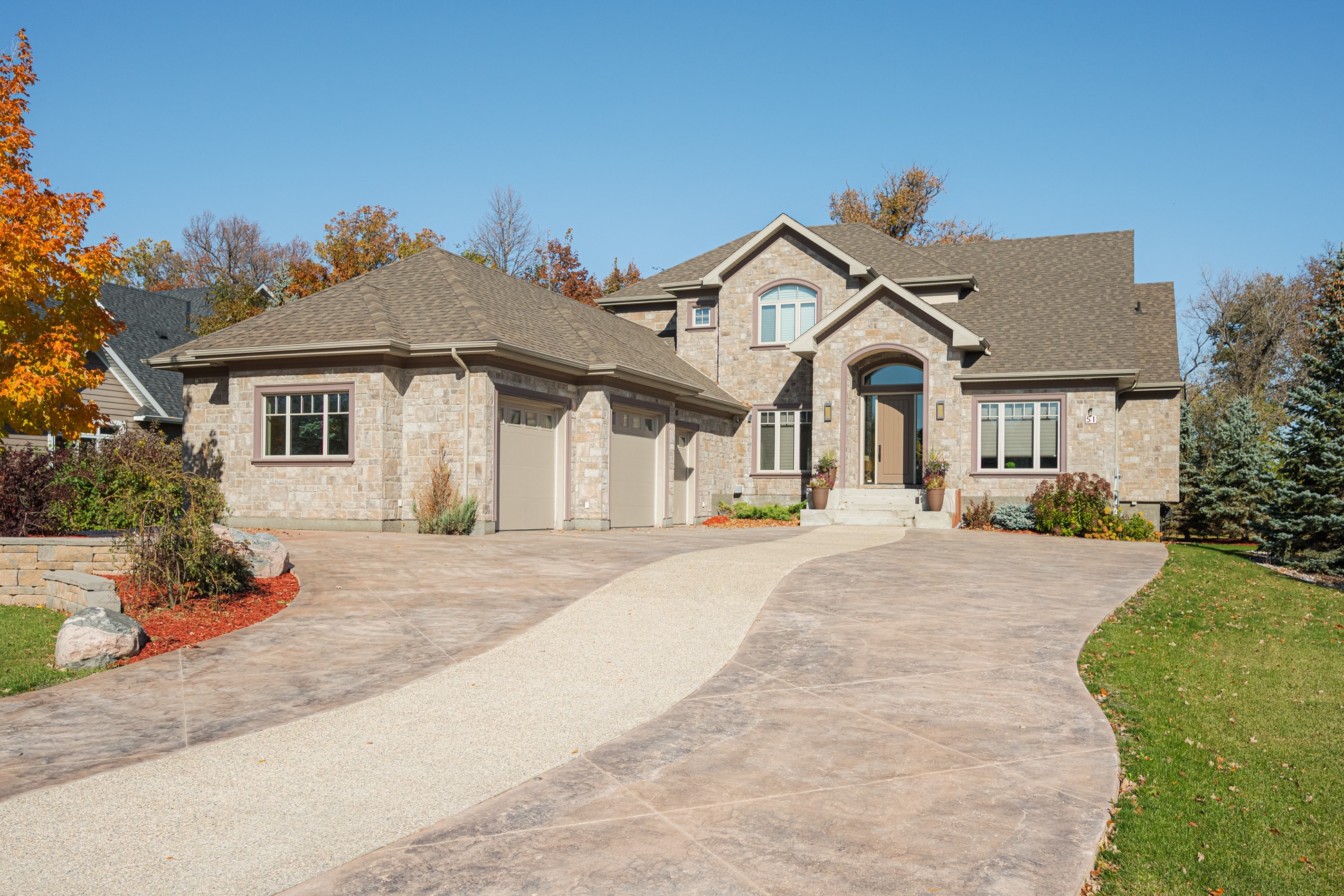
Detached Garages: Higher Upfront Cost, But Flexibility Rewards
- Brace yourself for a higher initial investment. Building a separate structure typically involves additional foundation work, longer utility runs, and more materials, impacting your initial budget.
- But consider the long-term potential. Detached garages offer greater flexibility for future expansion or conversion into income-generating spaces, which can recoup some initial costs over time.
- Permitting fees might be higher. The larger footprint and separate structure often require more extensive permitting, potentially raising these costs.
- Remember the maintenance needs. Detached garages require separate upkeep for roofing, siding, and other elements, adding to your ongoing expenses.
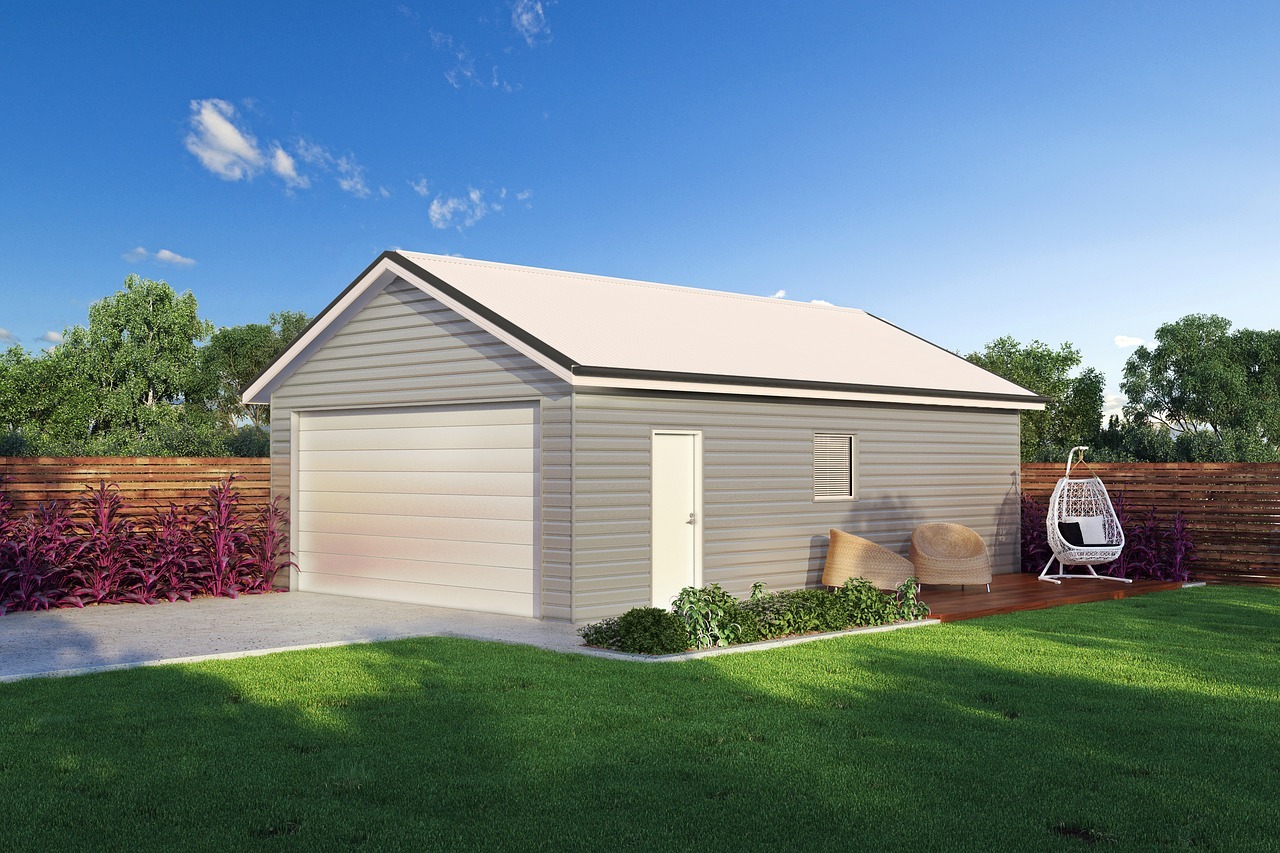
Bonus Tip: Explore prefabricated garage options for potentially lower initial costs. However, carefully assess quality and customization limitations before making a decision.
Choosing the more budget-friendly option depends on your immediate needs and future vision. If upfront affordability is your top priority, an attached garage might be the way to go. However, if long-term flexibility and potential income generation are crucial, a detached garage might be worth the initial investment.
You may also like: 7 Best Vertical Compressors for Home Garage
Attached vs. Detached Garage: Navigating the Insurance Maze
When it comes to garages, both attached and detached, navigating the insurance world can feel like a complex puzzle. Here’s a breakdown of how each type impacts your insurance coverage.
Attached Garages: Covered Under the Dwelling Umbrella
- Good news: Your attached garage typically falls under your dwelling coverage, the same section that covers your main house structure. This means most perils covered for your home, like fire, theft, and wind damage, automatically extend to your attached garage.
- Limits might apply: While covered, your garage might have a sub-limit under dwelling coverage, meaning the maximum payout for damage might be capped at a certain percentage (often 10%) of your dwelling coverage amount. Check your policy details for specifics.
- Consider personal belongings: The contents of your garage, like tools, bikes, or equipment, might require additional coverage under your personal property section, depending on their value.
- Potential discounts: Some insurers offer discounts for attached garages with security features like deadbolts or fire-resistant doors.
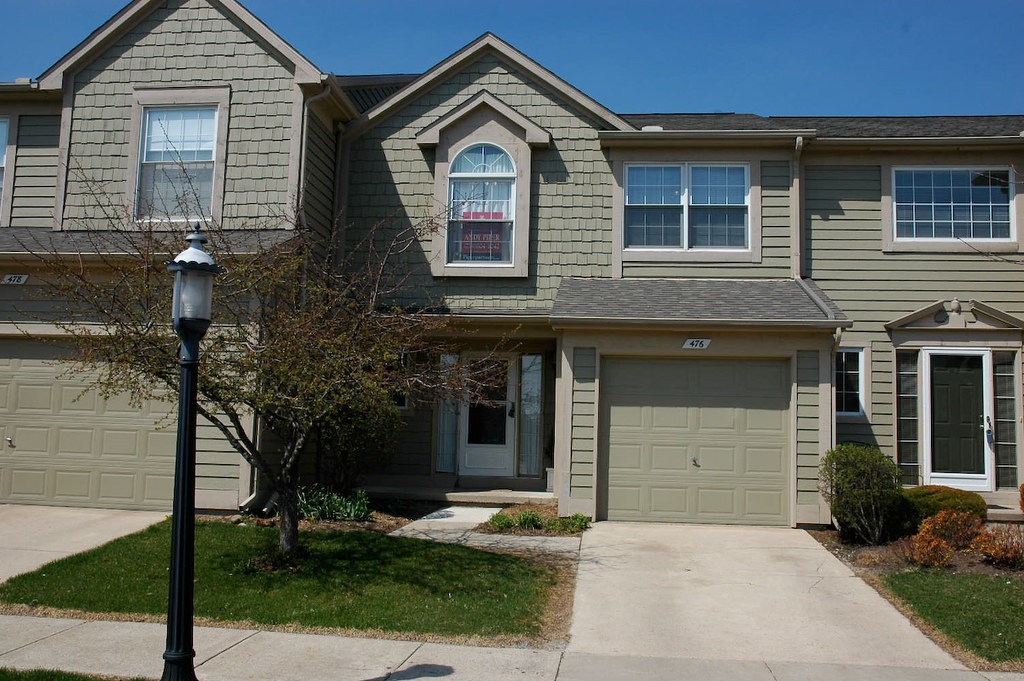
Detached Garages: A Separate Structure, Separate Coverage
- Detached garages fall under other structures coverage, a different section of your policy with its own limits and deductibles. This coverage often has a lower limit than dwelling coverage, typically capped at 10% of your dwelling coverage amount.
- Double-check for specific perils: While standard perils are usually covered, carefully review your policy to ensure coverage for specific risks relevant to your garage’s use, like theft of stored tools or damage from detached structures like carports.
- Business use requires an endorsement: If you run a business out of your detached garage, you’ll need a commercial endorsement on your policy to ensure proper coverage. Standard homeowners insurance excludes coverage for business activities.
- Independent security measures: Since detached garages stand alone, consider additional security measures like alarms or motion sensors to potentially qualify for discounts on your other structures coverage.
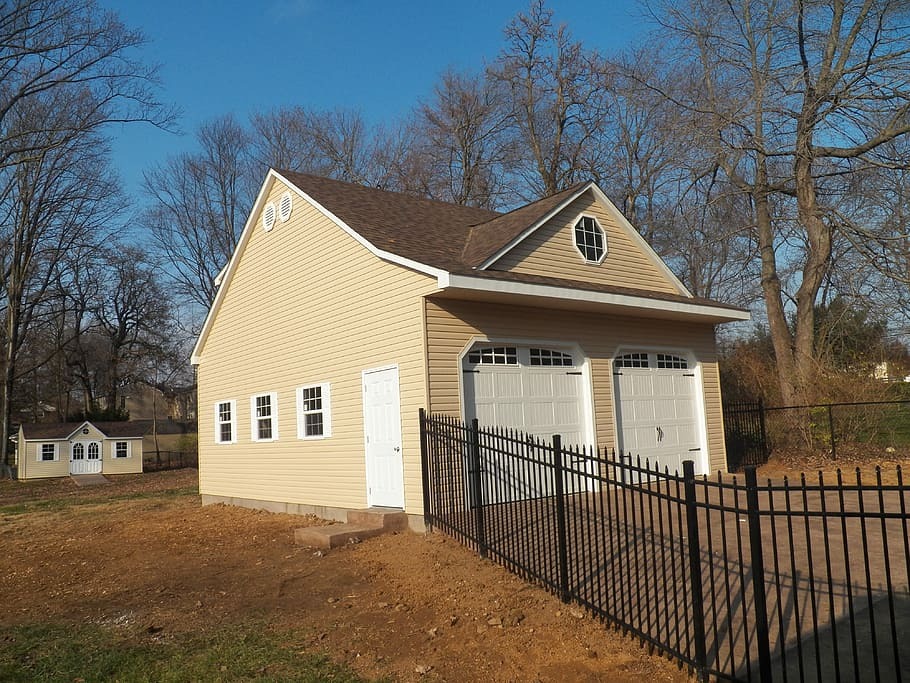
These are general guidelines, and your specific coverage details will vary depending on your individual policy and insurer. It’s crucial to communicate with your insurance agent and regularly review your policy.
Attached vs. Detached Garage: The Property Tax Tightrope
When it comes to attached versus detached garages, the impact on your property taxes adds another layer to the decision-making process. Buckle up, as we explore how each type affects your tax bill.
Attached Garages: Generally Increase Value, But…
- Adding any square footage usually translates to higher property taxes. Since attached garages increase your home’s overall square footage, they typically lead to an increase in your tax bill.
- Location matters. In some areas, the value added by an attached garage might be partially offset by tax breaks or exemptions for specific garage features like energy efficiency.
- Consider the indirect impact. An attached garage can enhance your home’s overall appeal and marketability, potentially leading to a higher appraised value, which in turn affects property taxes.
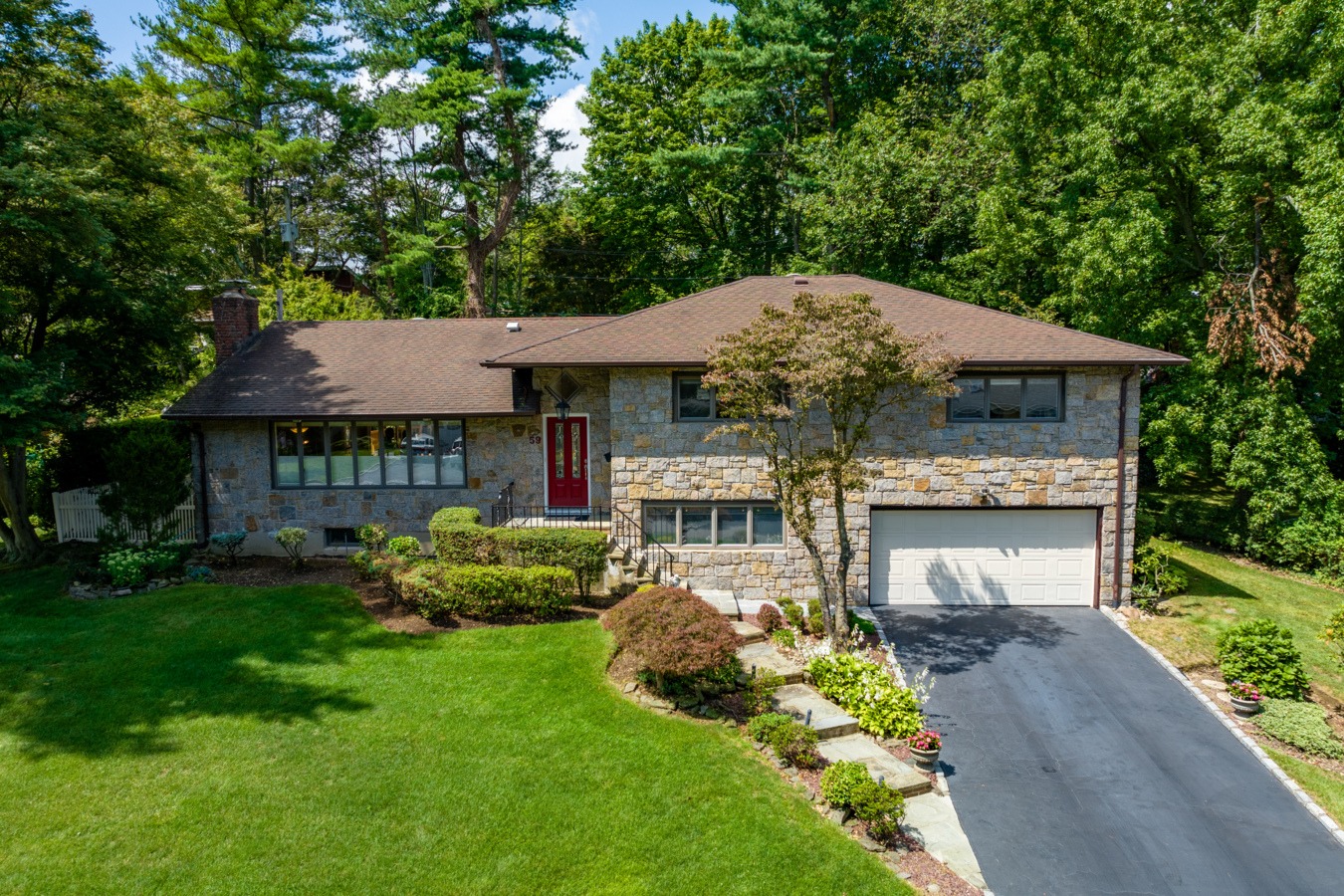
Detached Garages: A Tax Tale with Nuances
- Detached garages can also increase your property tax bill, but to a lesser extent. While they add value, their separate structure often means a smaller taxable footprint compared to attached garages.
- Taxation varies by jurisdiction. Some localities assess detached garages differently, potentially based on size, usage, or presence of amenities like finished interiors.
- Remember the land use factor. Detached garages occupy additional land on your property, and depending on local tax structures, this might impact your tax bill even if the structure itself is taxed at a lower rate.

The Property Tax Maze: Navigate with Knowledge
Predicting the exact impact of an attached or detached garage on your property taxes is challenging due to varying local regulations and assessment practices. Here are some key steps:
- Consult your local tax assessor: They can provide specific information about how garages are taxed in your area and estimate the potential impact based on your property and planned garage details.
- Research local exemptions or incentives: Some areas offer tax breaks for specific garage features like green building practices or accessibility elements. Explore these options to potentially mitigate the tax increase.
- Factor in long-term implications: While the initial tax impact matters, consider how the garage might affect your home’s future value and marketability, which can indirectly influence your property taxes over time.

Choosing the right garage type based solely on property tax implications isn’t wise. However, by understanding the potential impact and utilizing available resources, you can make an informed decision that considers both your budget and potential tax consequences. Remember, consulting with your local experts is crucial for navigating the specific tax implications in your area.
You may also like: 7 Best Garage Door Keypads
Attached vs. Detached Garage: A Brushstroke of Beauty
When it comes to garages, functionality reigns supreme. But let’s not forget the aesthetic impact! Whether attached or detached, your garage can be a visual asset or an eyesore, depending on how it integrates with your home and property. Let’s explore the aesthetic considerations of each type.
Attached Garages: Seamless Integration or Awkward Appendage?
- Blending in: An attached garage, when designed thoughtfully, can seamlessly blend into your home’s architectural style. Matching materials, colors, and rooflines create a cohesive look that enhances your property’s overall aesthetics.
- Curb appeal conundrum: Poorly designed attached garages can stick out like a sore thumb, detracting from your home’s curb appeal. Consider factors like garage door style, placement of windows and entry points, and landscaping integration to avoid this pitfall.
- Limited creative freedom: Attached garages often have less design flexibility due to their connection to the main house. However, creative use of materials, colors, and accents can still add personality and charm.
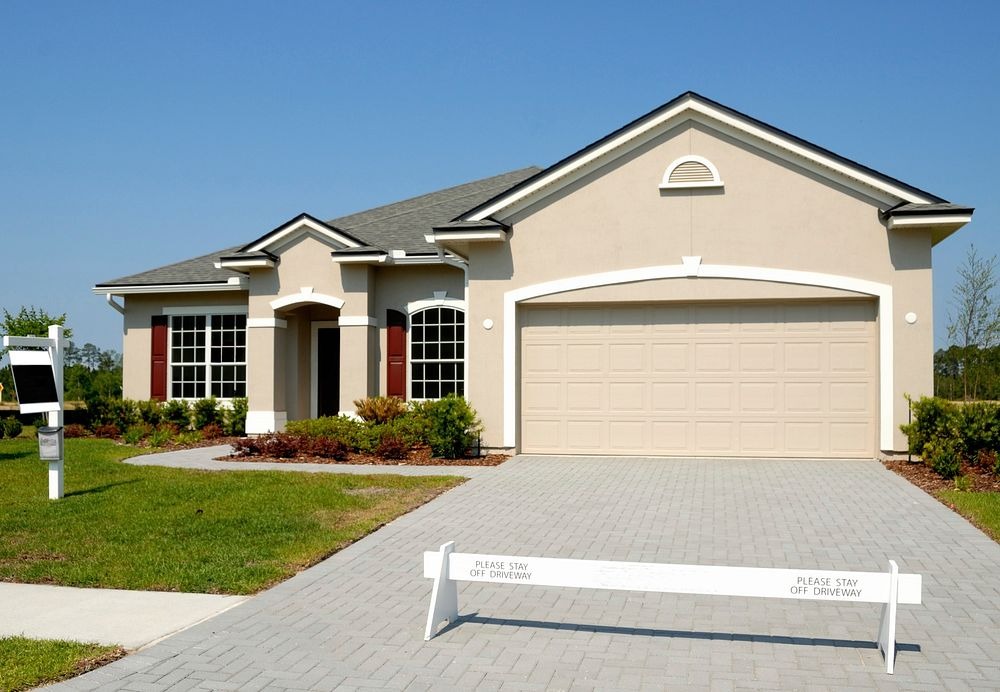
Detached Garages: A Standalone Statement or a Disconnected Dissonance?
- Artistic autonomy: Detached garages offer a blank canvas for your creative vision. Choose a style that complements your home or creates a unique contrast, expressing your personality and enhancing your property’s character.
- Maintaining harmony: While detached garages offer freedom, ensure they don’t clash with your home’s overall aesthetic. Consider color palettes, material choices, and architectural elements to create a cohesive feel across your property.
- Landscaping liaison: Detached garages can become beautiful focal points with strategic landscaping. Use plants, pathways, and hardscaping elements to create a visually appealing connection between the garage and your home.
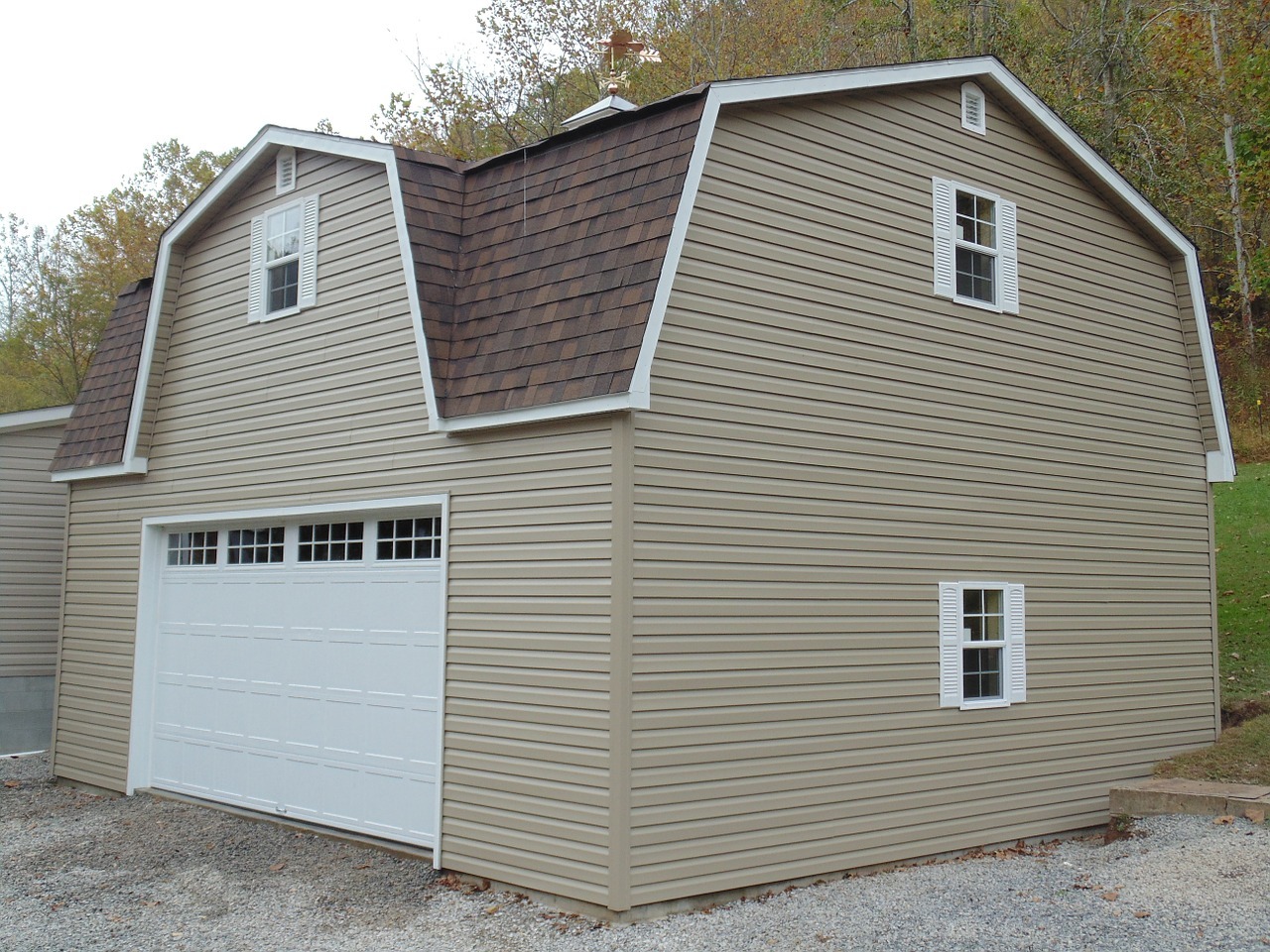
Your garage doesn’t have to be a purely functional space. With careful planning and attention to detail, it can become a beautiful addition to your property, enhancing both its functionality and aesthetic appeal. So, choose wisely, design creatively, and let your garage be a source of pride, not an eyesore.
You may also like: 7 Best Pole Barn Garage Kits
Ultimately, the choice between an attached or detached garage hinges on your individual needs and lifestyle. Consider your budget, property size, future plans, and priorities. Do you prioritize convenience and security? Opt for attached. Crave flexibility and noise isolation? Detached might be your match. Remember, there’s no one-size-fits-all answer. Choose the garage that best complements your life’s symphony.

